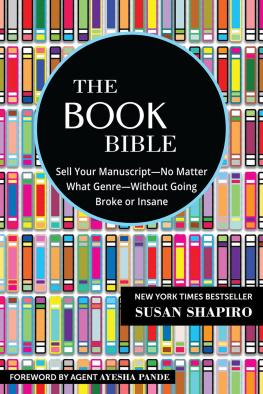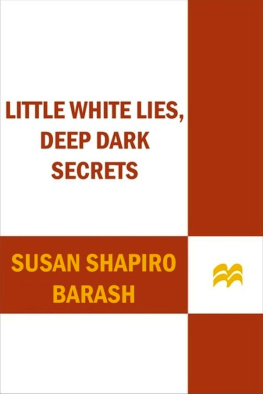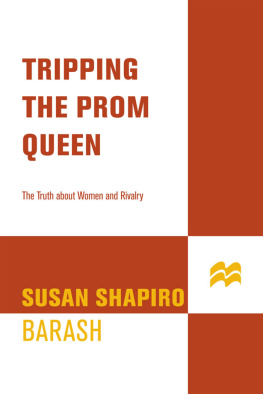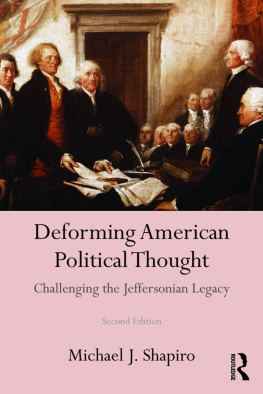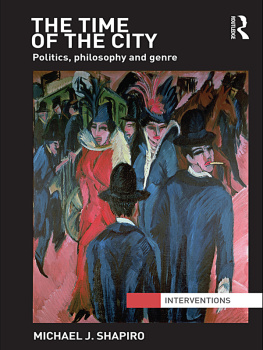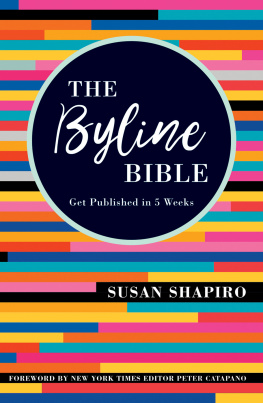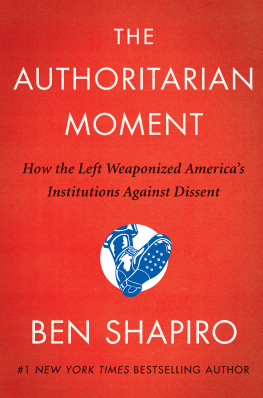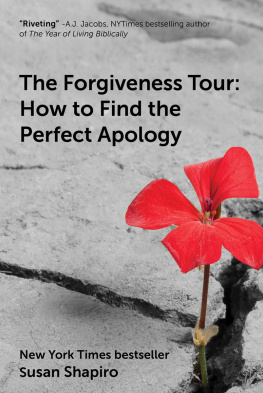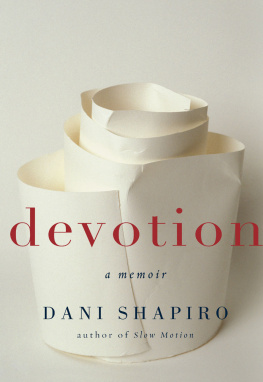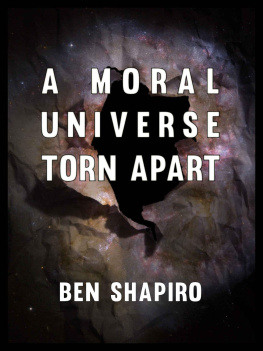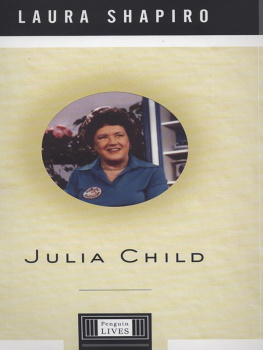

Copyright 2022 by Susan Shapiro
All rights reserved. No part of this book may be reproduced in any manner without the express written consent of the publisher, except in the case of brief excerpts in critical reviews or articles. All inquiries should be addressed to Skyhorse Publishing, 307 West 36th Street, 11th Floor, New York, NY 10018.
Skyhorse Publishing books may be purchased in bulk at special discounts for sales promotion, corporate gifts, fund-raising, or educational purposes. Special editions can also be created to specifications. For details, contact the Special Sales Department, Skyhorse Publishing, 307 West 36th Street, 11th Floor, New York, NY 10018 or .
Skyhorse and Skyhorse Publishing are registered trademarks of Skyhorse Publishing, Inc., a Delaware corporation.
Visit our website at www.skyhorsepublishing.com .
10 9 8 7 6 5 4 3 2 1
Library of Congress Cataloging-in-Publication Data is available on file.
Cover design by Eyal Solomon
Cover art by Ron Agam
ISBN: 978-1-5107-6270-1
E-book ISBN: 978-1-5107-6369-2
Printed in the United States of America
To the wonderful, generous, amazing Mickey Shapiro, who is really sick of book events
Table of Contents
Foreword
BY AYESHA PANDE
On a good day as a longtime agent, I feel like a modern fairy godmother who makes literary dreams come true. Yet it takes more than waving a glittery wand to create a book. Luckily, this essential guide by my colleague Susan Shapiro illuminates all the work behind the wizardry. Susan, a bestselling author and acclaimed professor, provides invaluable insider knowledge and concrete steps to help aspiring authors launch their words into the world.
We first met fifteen years ago, right after Id opened my Harlem-based boutique literary agency. Susan heard I was seeking new authors whose voices didnt get enough play in the publishing industry.
Boy, do I have an audience who needs you, she said.
She invited me to join her popular panels of experts at The New School, NYU and Columbia University to share what Id learned as an agent and former editor. The large crowds were filled with aspiring authors of every ethnicity, religion, career and background, from seventeen-year-old undergraduates to retired seniors. Insanely excited about publishing, they seemed especially inspired to hear that I championed under-represented writers. Many asked about my clients, like the lyrical novelists Patricia Engel and Lisa Ko, award-winning short story writer Danielle Evans, and activist scholar Ibram X. Kendi, author of the National Book Awardwinning nonfiction books Stamped and the revelatory blockbuster How to Be an Anti-Racist.
My fascination for eclectic, unsung stories is not surprising since I grew up as a biracial migr with divorced parents, moving between India, Germany and New Zealand before coming to the United States. As I was an outsider wherever we lived, books were my constant friend, escape, addiction and therapy. Even though my adventurous German mother always pushed me to go outside to climb trees or hike in the woods, I preferred to stay under the covers with Robert Louis Stevensons Treasure Island or Astrid Lindgrens Pippi Longstocking .
After high school in Wellington, New Zealand, I moved to Calcutta to live with my father, a Bengali who could recite hundreds of poems by Wordsworth and T.S. Eliot. He inspired in me an enduring love for British authors like Thomas Hardy, Aldous Huxley and George Orwell. (How telling that a brown Englishman focused on the white male canon while neglecting the brilliant literature to be found in his native Bengal.) After he died, I was touched to find a secret cache of his own poetry hidden among his papers.
Unlike Susan, I didnt study English or writing. My degrees were in history and international affairs from Washington and Columbia Universities, because if I couldnt be a doctor, my Asian dad decided I should work in foreign affairs. Instead of landing at the United Nations, I applied my diplomatic skills as an editor at Farrar Straus, HarperCollins and Crown Publishers before founding my literary agency, where my heart and brain were immersed in shepherding important fiction and nonfiction into the universe (along with my two wonderful children).
During the age of self-publishing, when indie and online editors can be contacted directly, Susan often asks me to discuss why a writer may need someone like me to handle their business affairs. Now more than ever its smart to have a professional representing work on your behalf. As Susan explains in her chapter on approaching agents, were a mix of editor, teacher, salesperson, career coach, therapist, matchmaker, manager and cheerleader. When we take on a client, we become the authors team, protector and advocate, helping them navigate the publishing realm, read contracts and get the best deals, often for their entire careers. The eight employees at my agency have handled authors from age twenty-one to seventy-five working as actors, academics, historians, editors, activists, parents, veterans and studentswho usually receive advances between $300 and $300,000 and sometimes even more.
Not that its easy to land a good agent or editor. It helps when you have an extraordinary teacher like Susan, whose students have sold impressive books in all genres. At Susans events, fellow agents, editors and new authors share such tips as: take writing classes with an author you want to emulate, start a weekly criticism workshop with tough critics, or hire a ghost editor for guidance. Yet for people who cant be at these fun and electrifying panels, or afford the time, money or commitment to get a degree or pay for outside editorial assistance, The Book Bible contains everything you need to know about what to doand what not to do.
What would make you reject an author out of hand? is a question Susan frequently begs me to address, to keep her students from making mistakes that lead to rejection.
In the spirit of her instant gratification takes too long philosophy, I explain how my agency gets hundreds of submissions; I can receive forty a day myself, so I have to be discerning. Unfortunately, I often get queries where someone offers their fiction novel, fictionalized memoir, sci-fi poems, or 2,000-page masterpiece. That automatically telegraphs that the sender is unfamiliar with the terms used to categorize books, hasnt checked my website requirements or done their homework. By the time youre ready to query an agent, theres no excuse to not learn the basics of the industry. Yet its hard to know which expert to trust. Many guides focus only on how to write a novel or a memoir, without even defining the terminology. The Book Bible is the one inclusive reference Ive seen that spans twenty genres, delineates the idiosyncratic differences between categories, and sheds light on both the craft and the business of being an author. Susan teaches you how to research which kind of project youre imagining or pitching, as well as the most incisive ways to meet your goal.
The secret weapon she tells her protgs, based on her own experience, is to sell a short piece related to their book in an impressive place like the New York Times, Washington Post, Wall Street Journal or The New Yorker to speed up the slow publishing process. Its excellent advice because if I see an intriguing article, essay or op-ed, I often contact the author myself. That happened with an impressive piece I read in BuzzFeed by Christine Hyung-Oak Lee on the debilitating stroke she suffered at thirty-three. It led to a two-book deal for her evocative memoir Tell Me Everything You Dont Remember and an upcoming novel.
Next page
